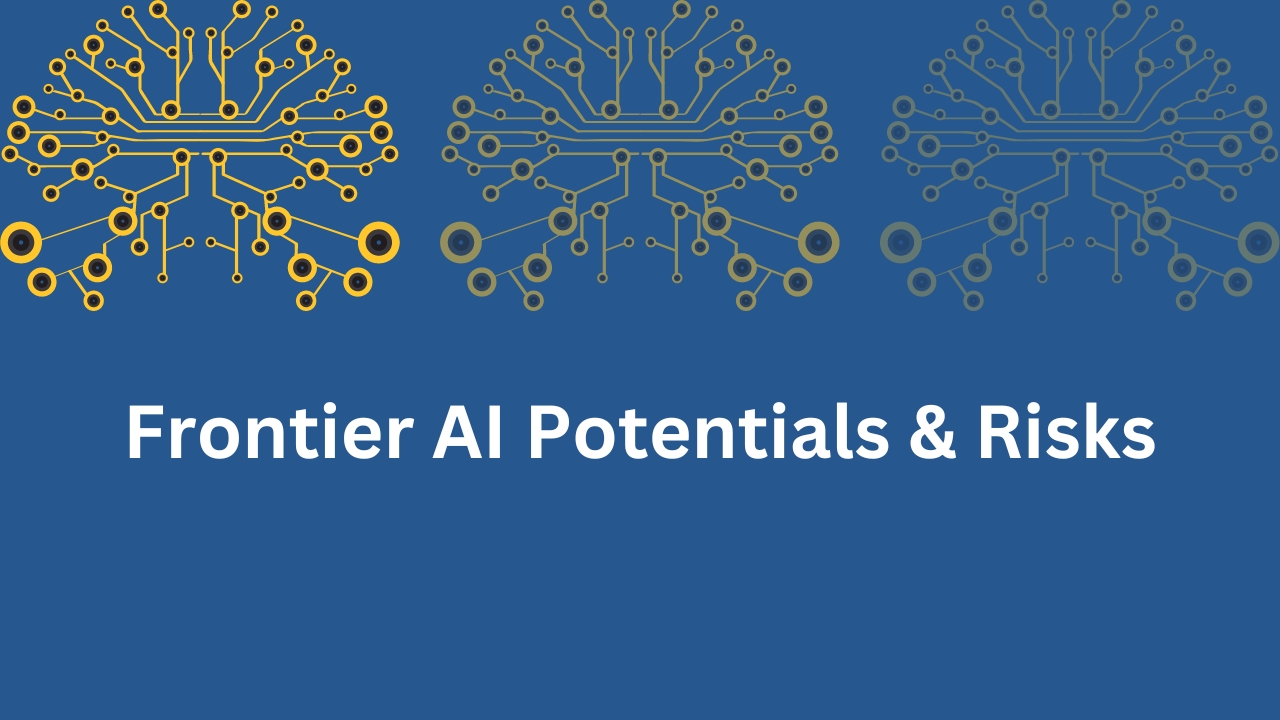Zeynep Engin, Chair and Director of Data for Policy, has published an opinion piece on frontier AI as part of a series of articles commissioned by the Joseph Rowntree Foundation, addressing a pivotal question: “To what extent can AI improve public policy-making?” The collection of articles follows a recent House of Commons debate held on Monday, September 2nd, which focused on the role of technology in public services.
Dr. Engin’s article explores the dual nature of frontier AI in public policy-making, highlighting several key insights:
The Promise: Frontier AI holds the potential to revolutionize public policy and service delivery, with the potential to tailor healthcare, education, and justice systems to individual needs, leading to better outcomes for all.
The Risks: These technologies also risk exacerbating existing inequalities, eroding democratic gains, and introducing new forms of discrimination. The environmental impact and potential for AI-driven misinformation to polarize societies further are concerns that can’t be ignored.
Rethinking Evidence: AI allows us to process massive amounts of unstructured data in real time, but it challenges our traditional understanding of ‘evidence-based policy’. Can insights that are not fully understandable be trustworthy?
Automation in Decision-Making: AI’s role in automating decisions is more complex than simply optimizing processes—it’s about sharing decision-making power with machines. How can it be ensured that these systems act in the public interest?
Personalising Public Services: The potential to tailor services to individual needs is groundbreaking, but it raises questions about fairness and equality. How can the benefits of personalisation be balanced with the need to uphold democratic principles?
As AI continues to advance, it’s crucial to steer its development with foresight and transparency, ensuring that these technologies truly serve the public good. The conversation around AI governance is just beginning, and must be approached with both optimism and caution.
Data for Policy is at the forefront of this dialogue and is working towards harnessing AI’s potential responsibly, for a more equitable and just society.

